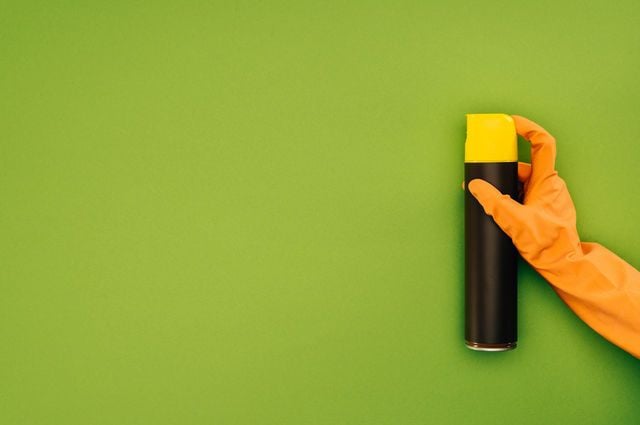Hygiene and Sustainability: How to make both work?
17 experts shared their view
Just when it seemed as if single-use plastics were slowly becoming a thing of the past, COVID-19 hit the industry. The second half of 2019 had seen more and more industry leaders making public pledges to abandon a product group that had become the infamous representative of an old and immoral, linear economy.
A few months later, the former sustainability arch-enemy is experiencing a massive comeback as a hygiene hero. COVID-19 and the fear of future pandemics are radically challenging recent approaches to product circularity/re-use by imposing enhanced hygienic standards. Keeping a strong position against single-use items might impose dramatic acquisition costs and operational distress on businesses slowly recovering from their liquidity breakdown.
Whilst pondering the reputational risk of violating hygiene law on the one side and diminished sustainability efforts on the other, the former is likely to turn up trumps.
The battle for sterility might be won by detergents containing ingredients unlikely to biodegrade in wastewater. Laundry services might cause more emissions due to an average increase of the washing temperature.
Where lies the sweet spot between hygiene rule compliance and sustainability? Must there be a trade-off? Are there Best Practices to share?
Our devastating dealing with nature and natural ecosystems led to the COVID-19 pandemic. We have scientific proof that the destruction of tropical ecosystems will increase the frequency at which such pandemics will occur, speed up climate change, and exacerbate the global refugee crisis. Scientists are convinced that the present pandemic represents only the tip of the iceberg. We will see more dangerous and more severe outbreaks of diseases if we do not start to minimize our negative impact on biodiversity and ecosystems.
Hence, we need to “build back better”. This holds true for hygiene rules for the tourism sector as for all other aspects of hospitality. Instead of prying out all we achieved in sustainability we should rather look for eco-friendly alternatives that will allow us to comply with the sanitary standards while not compromising sustainability accomplishments. To give just one example: disinfectants containing ethanol based on organic certified plant production and not petrochemicals are already available. Solutions are already out there, we just need to look for and find them.


